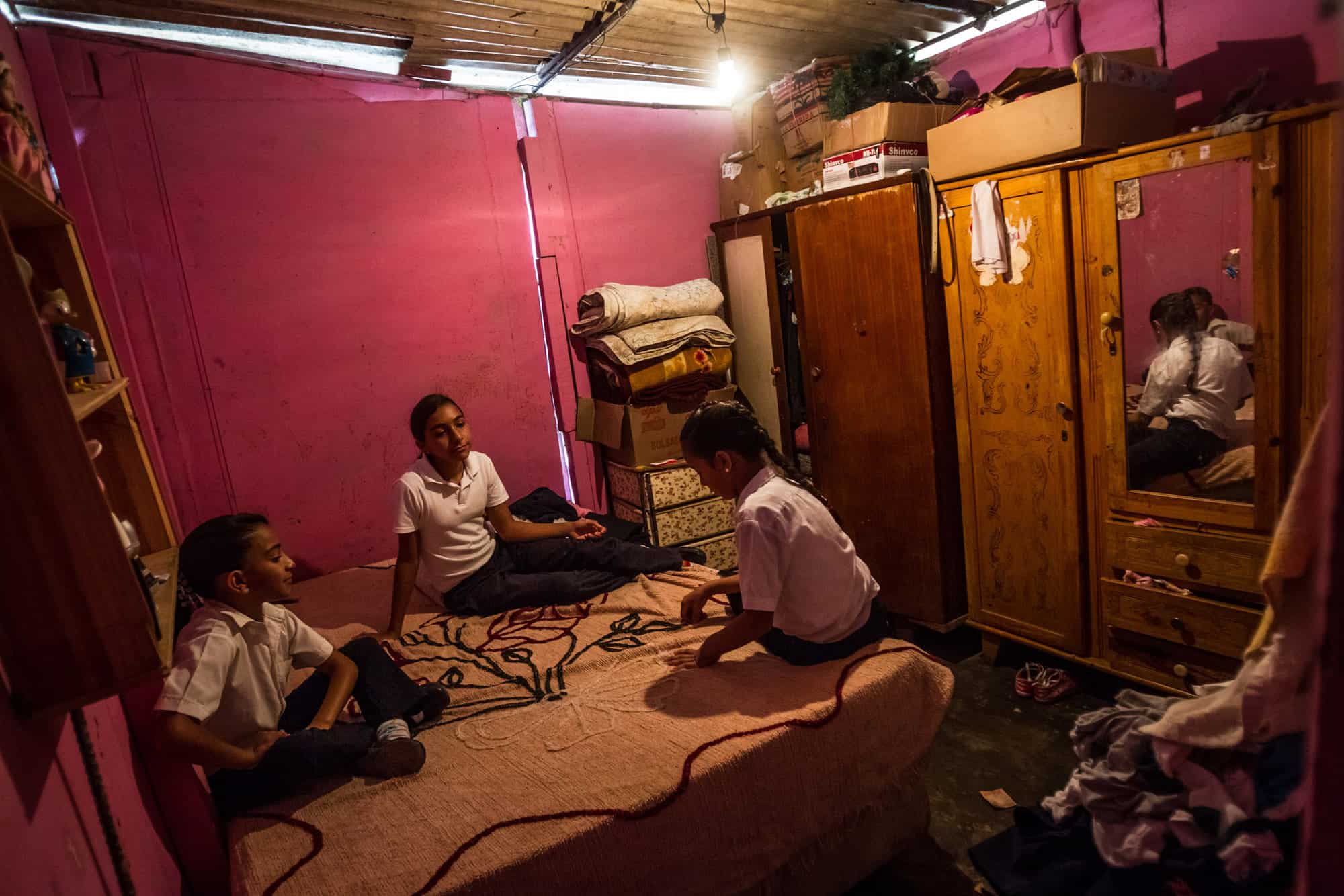Climate change will push six million Latin Americans and Caribbeans under the age of 25 into poverty by 2030, according to a report released Wednesday by two UN agencies.
The report, prepared by UNICEF and ECLAC, states that the region currently has about 94 million poor people under 25. However, that figure will rise by six million due to droughts, wildfires, and floods triggered by climate change.
“They face unprecedented risks that threaten not only their present but also their future opportunities,” the report warns. The document, titled The Impact of Climate Change on Child and Youth Poverty in Latin America, highlights that climate change affects children and youth “disproportionately,” as they are “more vulnerable” and “less able to endure and survive extreme weather conditions such as floods, droughts, storms, and heat waves.”
If countries fail to implement timely measures to curb greenhouse gas emissions, the number could increase by nearly 18 million people, the UN agencies caution. The region is home to about 650 million people.
Decades of Setbacks
According to UNICEF and ECLAC, in the past 30 years temperatures in Latin America and the Caribbean have risen significantly, triggering more natural disasters.
The study warns that droughts are intensifying in areas like the Central American Dry Corridor, northeastern Brazil, and parts of the Southern Cone, causing serious agricultural impacts. This worsens nutrition and can have lifelong effects on children and young people.
Meanwhile, heavier rains are leading to floods and landslides that damage infrastructure such as schools, health centers, and water supplies. They also contribute to the spread of mosquito-borne diseases like malaria, Zika, and dengue.
Economic losses from weather events have multiplied nearly tenfold, reaching an average of $3.913 billion annually over the past decade. These mounting costs reduce public investment in health, education, employment, and housing programs, making it harder to lift millions out of poverty.
The evolution of child and youth poverty in Latin America is “alarming and could worsen,” representing the “greatest setback in decades,” the report warns. “Given the inertia of the climate system, a certain level of warming is already locked in, and therefore some impacts will be unavoidable,” said ECLAC official José Eduardo Alatorre at a virtual press conference.
Children Without Rights
The report urges governments to strengthen social services in health, nutrition, and education, and to increase investment in protecting critical infrastructure, especially those serving children. “We would need to allocate between $10 billion and $48 billion to prevent this additional poverty from materializing,” Alatorre noted.
The document also calls for more funding for climate change mitigation programs, greater environmental education in schools, and stronger emergency response systems.
“Without investment in resilient services for children, and without sustained political will from countries and other sectors to reduce greenhouse gas emissions, the children and youth of 2030 will continue to be deprived of their rights,” said UNICEF climate advisor Reis López.
“This will only perpetuate inequality in one of the most unequal regions of the world,” he added. The UNICEF and ECLAC report is based on data from 18 countries.






